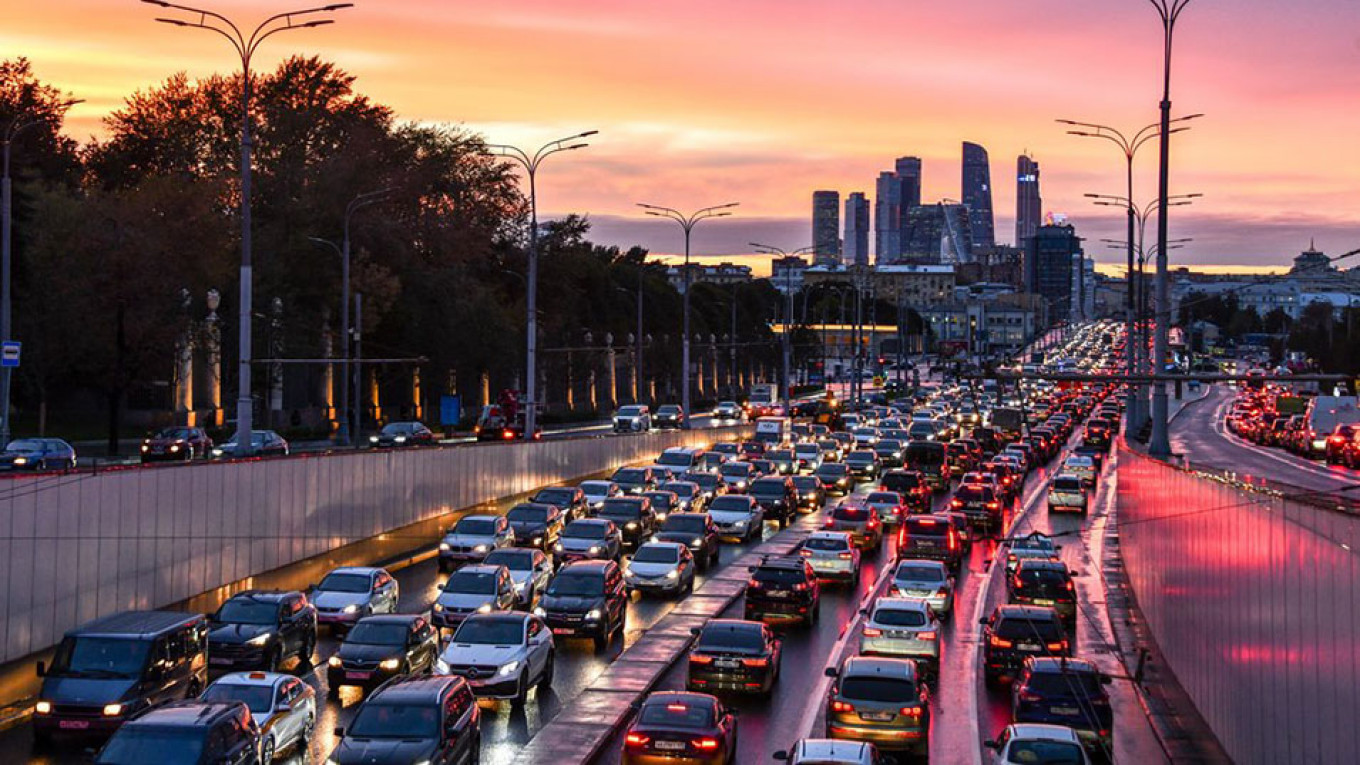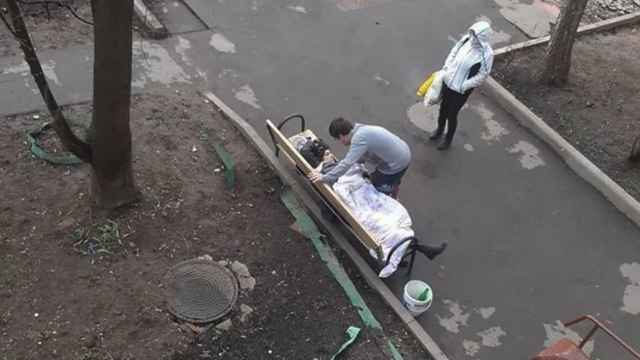Moscow drivers have the second-highest level of road rage in the world, a new survey has found.
Only Mongolian capital Ulaanbaatar scored higher for road rage on the Mister Auto index, which measures the best and worst places in the world to drive.
The survey ranked 100 international cities using 15 criteria covering infrastructure, safety and driving costs on a scale of one to 100.
Canada’s Calgary came out as the best place in the world to drive. Dubai, Ottawa, Bern in Switzerland and El Paso in the U.S. make up the rest of the top five. Overall, Moscow came in 91st out of 100, while St. Petersburg ranked in 89th place.
On the “road rage” indicator, Moscow scored 98.5 out of 100, second only to UIaanbaatar’s 99.1.
Osaka, Japan’s second city, ranked as the city with the lowest level of road rage.
Other indicators measured by the survey include deaths on the road, parking and petrol costs, efficiency of public transport and the average age of vehicles.
For traffic-related fatalities, both Moscow and St. Petersburg ranked in the top 10, recording 18 deaths per 100,000 inhabitants. The worst city in the world for road deaths was Lagos in Nigeria with 26.2 per 100,000.
On the whole, driving costs in Russia were found to be among the lowest in the world. The cost of petrol in Moscow and St. Petersburg came in places 93 and 94 from the 100 cities. Road tax is low at $45.90 per year, and parking costs, even in central Moscow, were also among the cheapest.
Moscow’s public transport system scores the best from all Eastern European cities, coming in 27th place just ahead of Western peers.
A version of this article first appeared in bne IntelliNews.
A Message from The Moscow Times:
Dear readers,
We are facing unprecedented challenges. Russia's Prosecutor General's Office has designated The Moscow Times as an "undesirable" organization, criminalizing our work and putting our staff at risk of prosecution. This follows our earlier unjust labeling as a "foreign agent."
These actions are direct attempts to silence independent journalism in Russia. The authorities claim our work "discredits the decisions of the Russian leadership." We see things differently: we strive to provide accurate, unbiased reporting on Russia.
We, the journalists of The Moscow Times, refuse to be silenced. But to continue our work, we need your help.
Your support, no matter how small, makes a world of difference. If you can, please support us monthly starting from just $2. It's quick to set up, and every contribution makes a significant impact.
By supporting The Moscow Times, you're defending open, independent journalism in the face of repression. Thank you for standing with us.
Remind me later.






